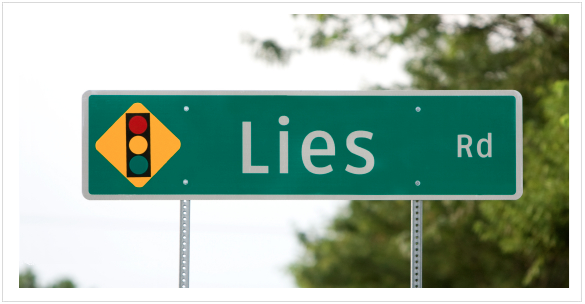
How non-disclosure affects your car insurance claims
Whichever insurance type you’re considering, it’s your ‘duty to disclose’ and best answer the questions when applying or renewing your car insurance.
Insurers use this information to decide whether to insure you, and on what terms, so it’s pretty important to get it right.
If you do not answer truthfully, or withhold information, your insurer may reduce or refuse to pay a claim and/or cancel the policy. If you are fraudulent, they may also treat the policy as if it never existed.
You must disclose every matter, that you know (or could reasonably be expected to know) is relevant. For example:
- minor criminal offences
- minor traffic offences
- previous rejections for insurance cover
- previous claims for insurance due to a robbery
In all these circumstances the failure to disclose might later affect your ability to claim.
Keep your details up to date
Non-disclosure could be as simple as forgetting to tell your insurer if your circumstances change. For example if you added a spoiler to your car to make it go faster (therefore exposing yourself to more risk), or, if you moved house and parked your car on a busy street instead of a locked garage.
If your lifestyle circumstances change – remember to keep your insurer up-to-date.
What to do if your claim is rejected on the basis of non-disclosure?
If your claim is rejected you should firstly find out what information is missing, you may have a good reason for not disclosing the information at the time. Perhaps you were not asked and weren’t aware the information was important. See if you can appeal the claim, and if not you can file a complaint with the FOS.
Compare car insurance
Whether you’re getting car insurance for the first time, or looking to make a few savings by switching providers. It’s always a good idea to use a comparison website like compareinsurance.com.au to compare a few car insurance quotes before you decide on one to buy.
